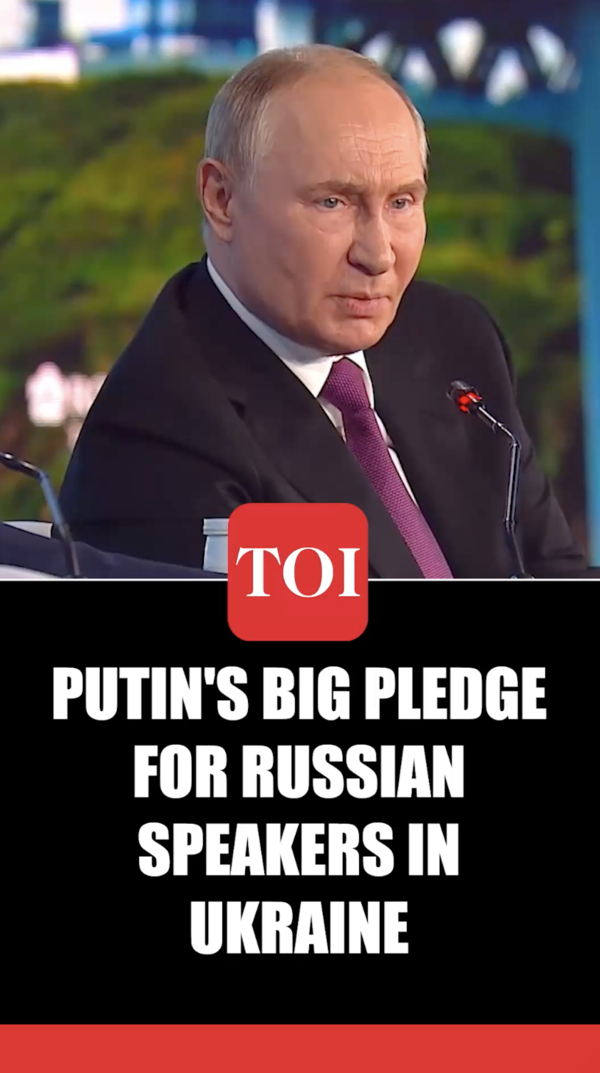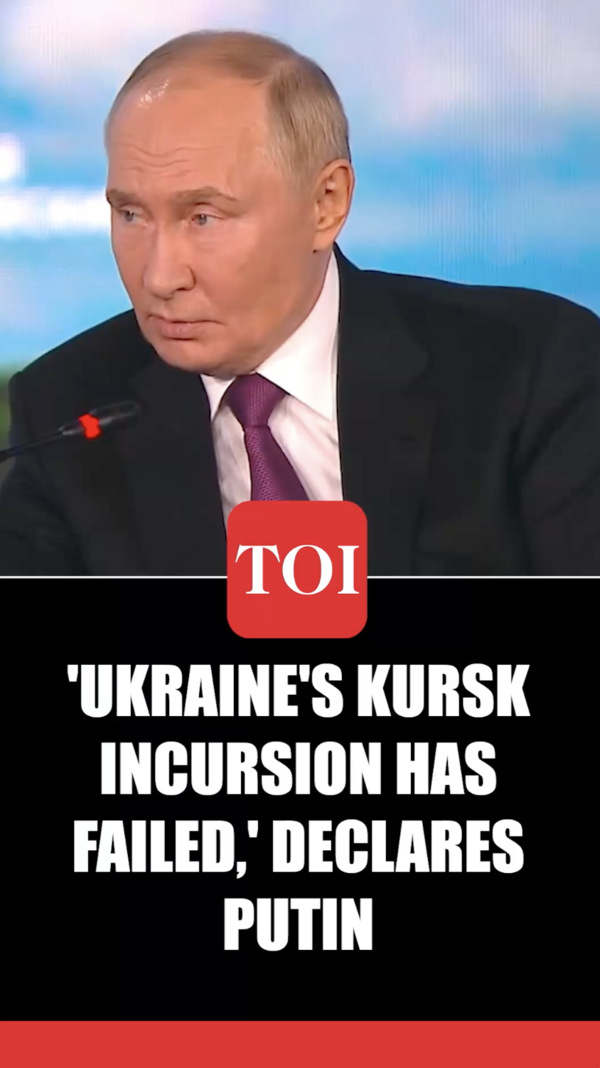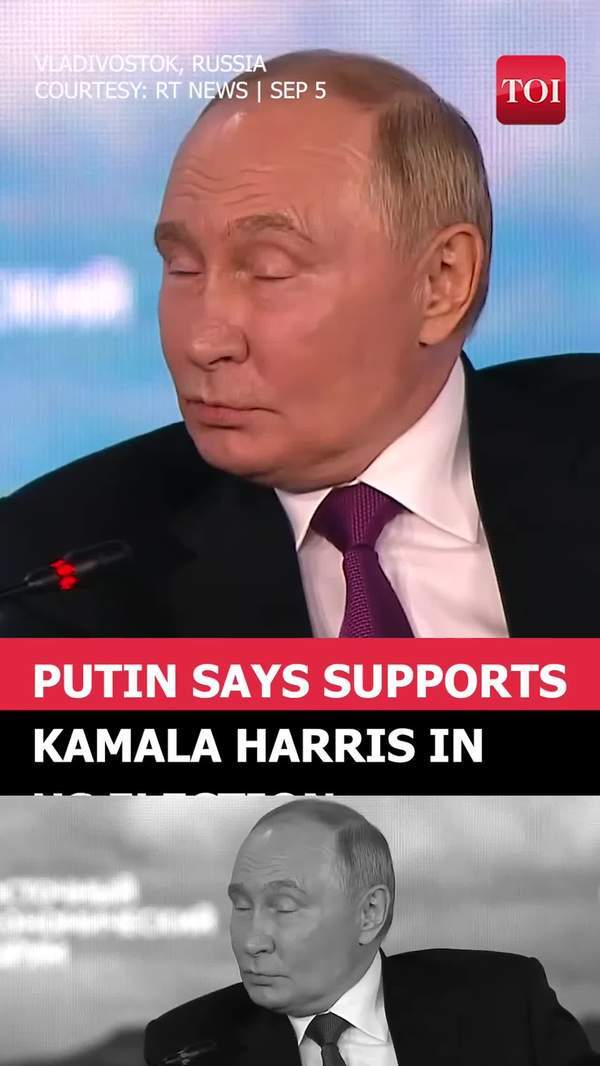- News
- Videos News
- toi in-depth News
- Explained: From Meloni to Geert Wilders how and why far-right growing in Europe
- Share
Explained: From Meloni to Geert Wilders how and why far-right growing in Europe
Recommended Playlist
- 03:01

On Cam: Lebanese Journalist Hit By Israeli Missile Live On Air, Mid-Broadcast
7 hours ago - 03:09

Dancing Queen Nora Fatehi Spotted on Crutches: Shares Emotional Health Update
15 hours ago - 03:22

Watch: Pakistani Influencer Rabecca Khan’s Viral Crane Birthday Video
14 hours ago - 03:28

Sean Diddy's Bodyguard's Revelations | Was a Showdown with Will Smith Over JLo Imminent?
19 hours ago - 03:38

200,000 Israelis Flee Homes As Hezbollah Rains Missiles; '50 Rockets In 10 Mins' Shake Israel
5 hours ago - 03:10

Hezbollah Missiles Destroy Israeli Iron Dome Air Defenses Near West Bank? Viral Footage & Claim
5 hours ago - 03:58

US Navy Ship Flooded, Damaged In Middle East Waters, Report
7 hours ago - 03:14

Was Diddy Ready to Fight Will Smith? Bodyguard Shares Exclusive Insights!
17 hours ago - 03:20

Beyonce, Jay-Z, Leonardo | Who's In Trouble With Diddy? Alleged Celebrity List Exposed
16 hours ago - 05:05

Hezbollah Goes Berserk, Rocket Fire Spooks Israelis | Schools Shut, Flights To Israel Cancelled
15 hours ago
















































